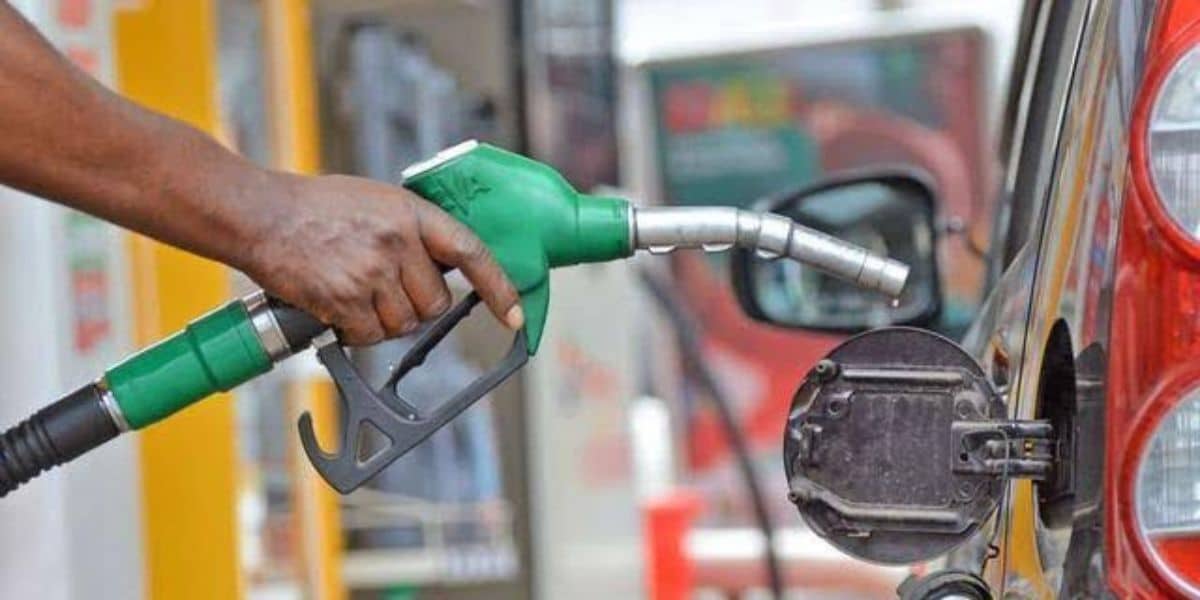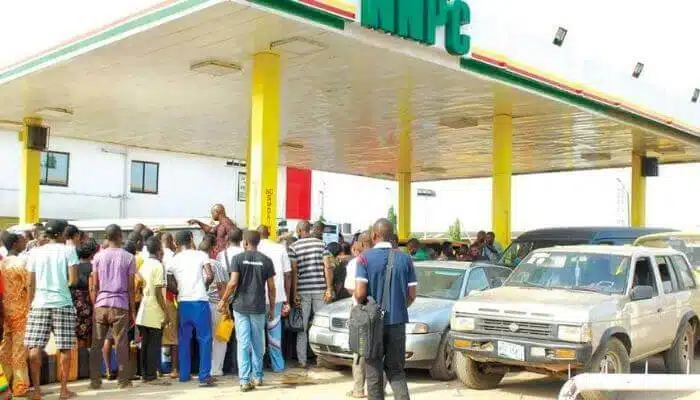
As Nigerians continue to feel the impact of the recent fuel price hike by the Nigerian National Petroleum Company (NNPC) Limited, Gistreel brings you updates on fuel scarcity, price increases, and reactions from both the government and citizens.
The International Monetary Fund (IMF) has clarified that it had no part in Nigeria’s decision to eliminate fuel subsidies, stressing that the Nigerian government made this decision independently. This statement comes in response to widespread criticism that linked the IMF to recent economic policies in Nigeria, which have led to rising inflation and increased hardship for citizens.
Speaking at a press conference during the IMF and World Bank Annual Meetings in Washington DC, Mr. Abebe Selassie, the IMF’s Director for the African Region, addressed these concerns directly.
“The decision was a domestic one. We don’t have programs in Nigeria. Our role is limited to regular dialogue, as we have with other nations like Japan or the UK,” explained Selassie.

The Director acknowledged the IMF’s advisory role on public resource management but reiterated that the subsidy removal was part of Nigeria’s broader economic strategy aimed at ensuring long-term sustainable growth.
He highlighted that such decisions are deeply rooted in domestic and political contexts and are essential for greater efficiency in public resource utilization.
Former Vice President Atiku Abubakar has warned Nigerians against collecting fuel from overturned tankers, labeling the act as dangerously life-threatening.
In response to a viral video showing residents in Cross River State retrieving petrol from a fallen tanker in Akamkpa Local Government Area, Atiku emphasized the severe risks involved.
The footage shows dozens of locals with buckets and containers, collecting fuel without apparent regard for safety.
This caution comes shortly after a tragic incident on October 16, where over 180 people lost their lives and many others sustained injuries in Jigawa’s Majiya town.
The tanker, loaded with petrol, had veered off the road along the Kano-Hadejia expressway, and many victims were attempting to scoop fuel when an explosion occurred.
Reflecting on this, Atiku shared his thoughts, stating: “I know that the times are tough for Nigerians. However, your lives are the most precious things that should never be mortgaged.
“This is why it is pertinent that the concerned government MDAs should commence a robust campaign to educate citizens on the dangers of scooping fuel from fallen petroleum tankers.”
Following the recent reshuffle of President Bola Tinubu‘s cabinet, Austin Aigbe, Regional Advocacy Lead and ECOWAS Liaison Officer for the West Africa Democracy Solidarity Network, has emphasized the critical need for the appointment of a substantive minister to lead Nigeria’s floundering petroleum sector.
In an interview with ARISE NEWS on Thursday, Aigbe discussed the implications of the cabinet changes, particularly for the vital energy sector.
Aigbe commended the president’s initiative to scrutinize and modify the cabinet structure, noting, “It’s good when you interrogate the system. You have to look at where the pitfalls are.”
He pointed out that the petroleum sector, a crucial component of Nigeria’s economy, currently lacks a dedicated minister to guide and rejuvenate its operations amidst ongoing challenges.
The advocacy leader stressed the importance of having a focused and competent leader at the helm of the petroleum ministry to navigate the complexities of the industry and spearhead necessary reforms.

Leave a Reply